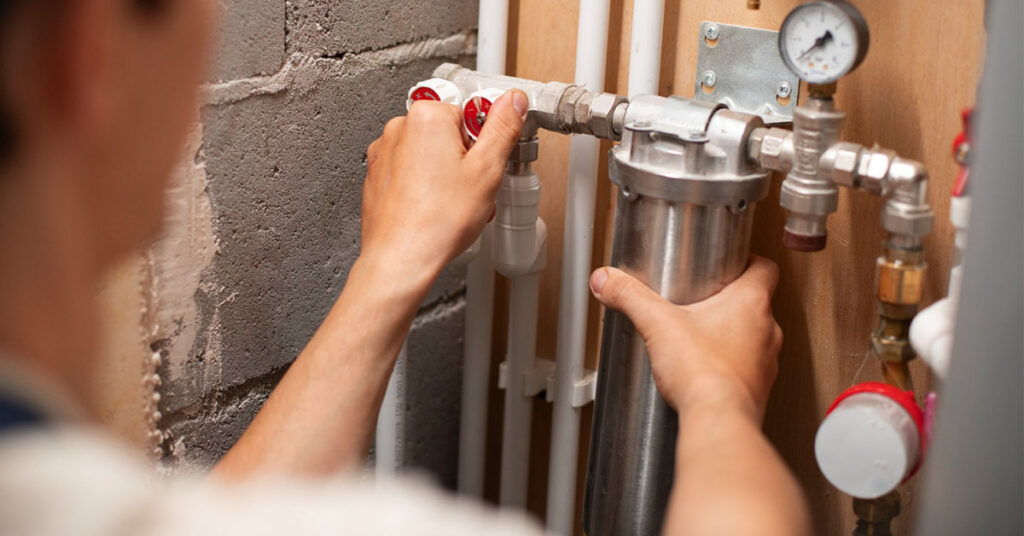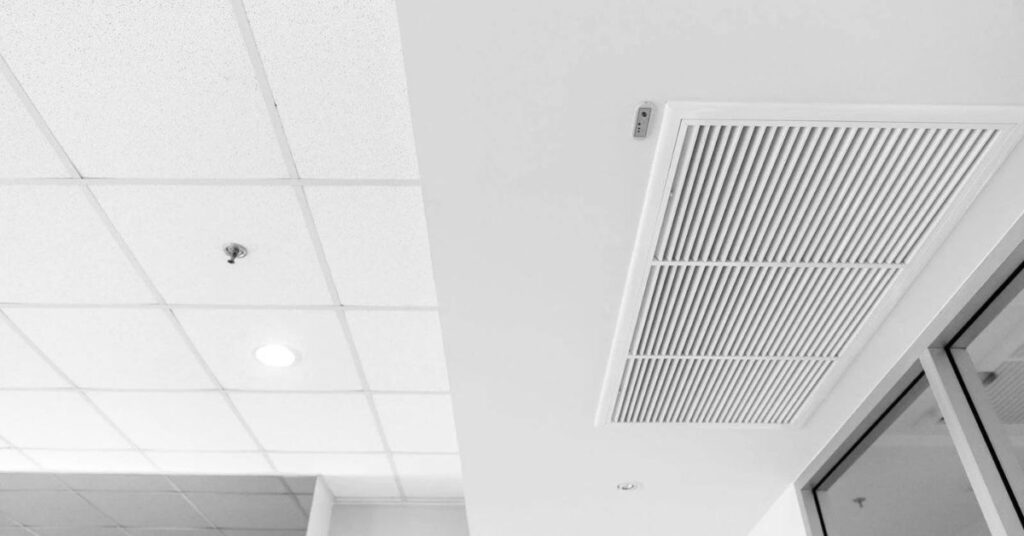A leaking water heater can be a cause for concern in any household. Not only does it lead to potential water damage, but it can also disrupt your daily routines. But does it constitute an emergency? In this article, we’ll delve is a leaking water heater an emergency, assess the risks involved, and provide actionable steps to handle the situation effectively. Let’s get started.
Causes of a Leaking Water Heater
Before we determine whether a leaking water heater is an emergency, it’s essential to understand why it happens in the first place.
Common causes include corrosion, excessive pressure, faulty valves, and age-related wear and tear. Identifying the source of the leak is crucial for implementing the right solution.
Assessing the Severity of the Leak
Not all leaks are created equal. Some may start as minor drips, while others can result in significant flooding. Assessing the severity of the leak is vital in determining the level of urgency.
Signs of a severe leak include pooling water, hissing sounds, or visible cracks in the tank. Ignoring these signs can lead to extensive water damage and potential safety hazards.
Is a Leaking Water Heater an Emergency?
The classification of a leaking water heater as an emergency largely depends on the severity of the leak and its potential impact. If you notice a small drip from a valve or connection, it may not require immediate attention but should be addressed promptly to prevent further damage.
However, if there’s a substantial leak leading to flooding or if you detect gas odors, it’s crucial to treat it as an emergency situation.
Steps to Take in Case of a Leaking Water Heater
The following are the steps that you should take when your water leaks.
- Turn off the Water Supply Locate the shut-off valve connected to the water heater and turn it off to prevent further water flow.
- Turn off the Power: If you have an electric water heater, switch off the power supply. For gas heaters, turn off the gas valve.
- Ventilate the Area: If you detect a gas leak, ensure proper ventilation by opening windows and doors to allow fresh air to circulate.
- Contain the Leak: Use towels, buckets, or a wet/dry vacuum to contain the water and minimize damage to surrounding areas.
- Contact a Professional: Immediately contact a licensed plumber or HVAC technician to assess the situation and perform necessary repairs.
Preventive Measures to Avoid Future Leaks
Regular maintenance is key to preventing water heater leaks. Schedule annual inspections, flush the tank periodically, and replace worn-out components as needed. Additionally, consider installing a drip pan and a water leak detector to provide early warnings of potential leaks.
Read More: What To Do When Water Heater Leaks
Conclusion
While a leaking water heater may not always constitute a dire emergency, it’s crucial to address the issue promptly to mitigate damage and ensure safety. By understanding the causes, assessing the severity, and taking proactive measures, you can effectively manage the situation and avoid costly repairs down the line.
Remember, when in doubt, always prioritize safety and seek professional assistance to handle water heater leaks effectively.


